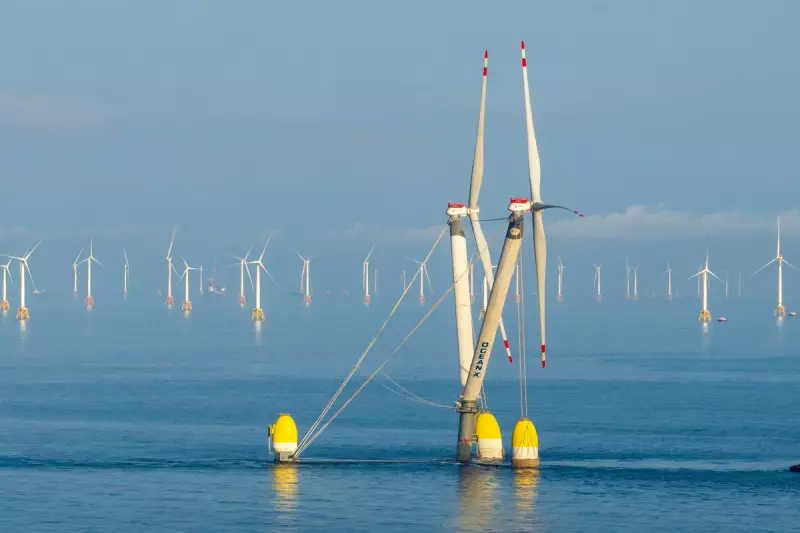
Westminster is grappling with serious national security concerns after revelations emerged about former Downing Street chief of staff Nick Timothy's advisory role with a Chinese company developing a strategically sensitive site in the Scottish Highlands.
Undisclosed Advisory Role Sparks Alarm
Nick Timothy, who served as Theresa May's joint chief of staff until 2017, has been acting as an adviser to Chinese firm Highland and Islands Enterprise (HIE) without public disclosure. The company is developing the former RAF base at Dalcross, near Inverness - a site with significant strategic importance.
Strategic Location Raises Eyebrows
The Dalcross site isn't just any property development. The former RAF base sits in close proximity to critical national infrastructure, including:
- Inverness Airport, a key regional transport hub
- Major communication networks
- Energy infrastructure serving the Highlands
"The combination of a former senior government figure, Chinese investment, and a sensitive location creates a perfect storm of security concerns," noted one Whitehall insider.
Growing Scrutiny Over Chinese Investment
This controversy emerges against a backdrop of increasing government wariness about Chinese involvement in critical UK infrastructure. Recent years have seen:
- Growing parliamentary scrutiny of Chinese investment deals
- Enhanced security vetting of foreign acquisitions
- Increasing tension between economic interests and national security
The timing is particularly sensitive given ongoing debates about foreign influence in British politics and infrastructure development.
Political Fallout and Questions
Opposition parties are demanding answers about what due diligence was conducted and whether proper transparency measures were followed. The case highlights the ongoing challenges in balancing open investment with protecting national interests.
As one security analyst observed: "When former senior officials take roles with foreign state-linked enterprises, particularly involving sensitive sites, it demands the highest level of transparency and scrutiny."
The controversy continues to develop, with calls for greater disclosure about the nature of the advisory work and the security implications of Chinese involvement in strategically important UK locations.






